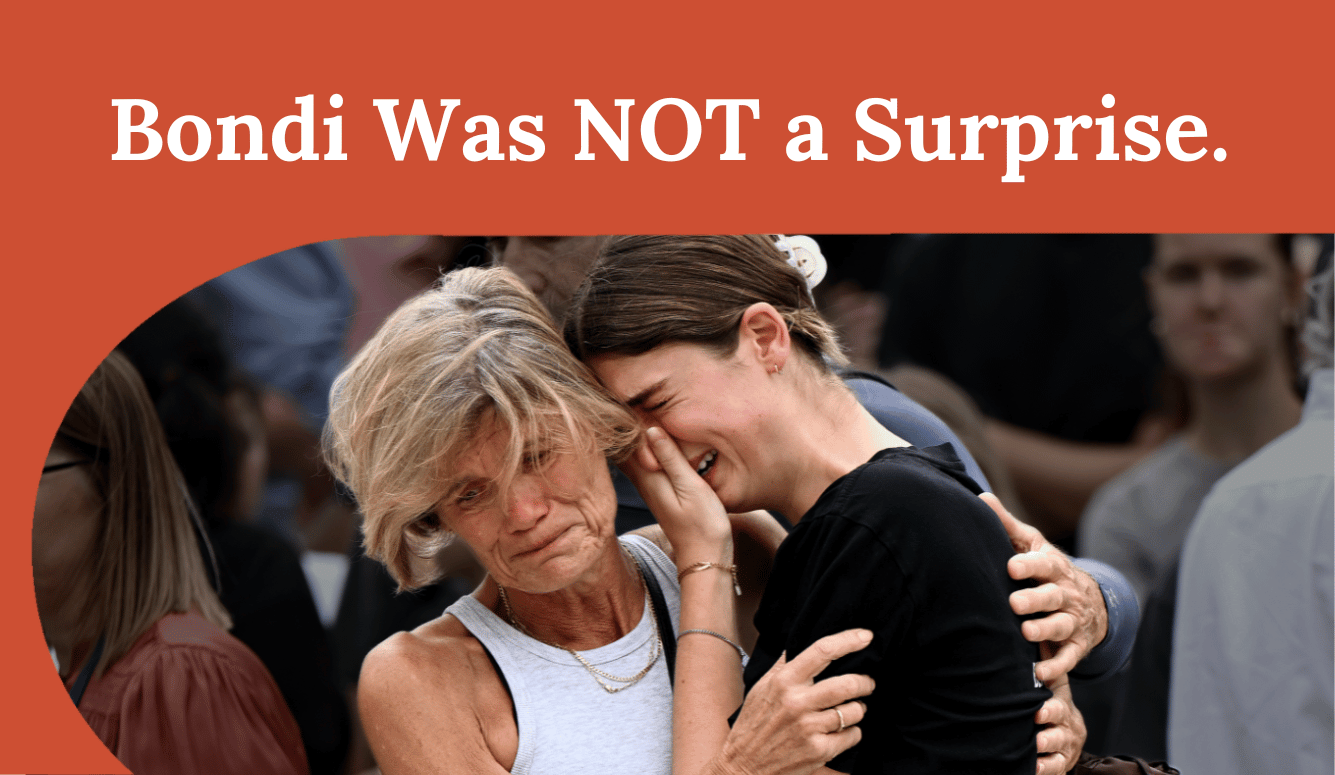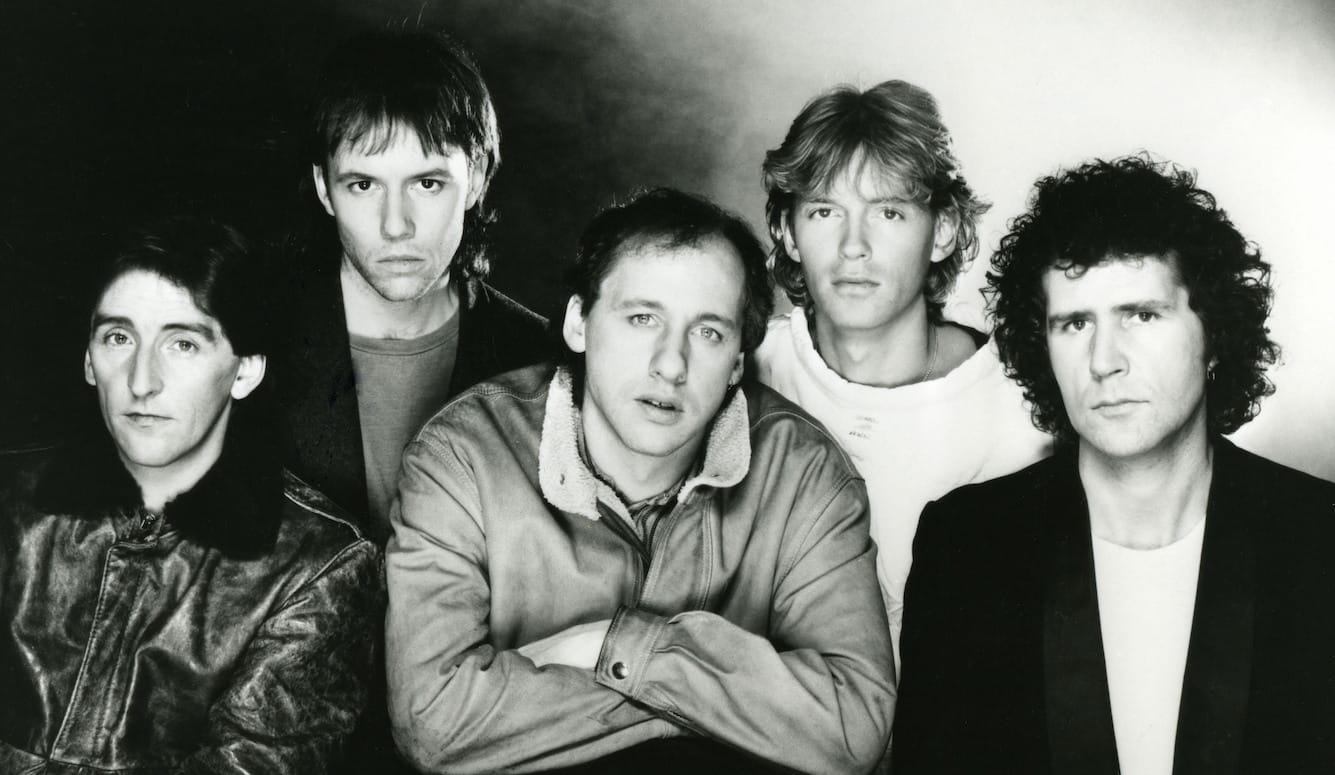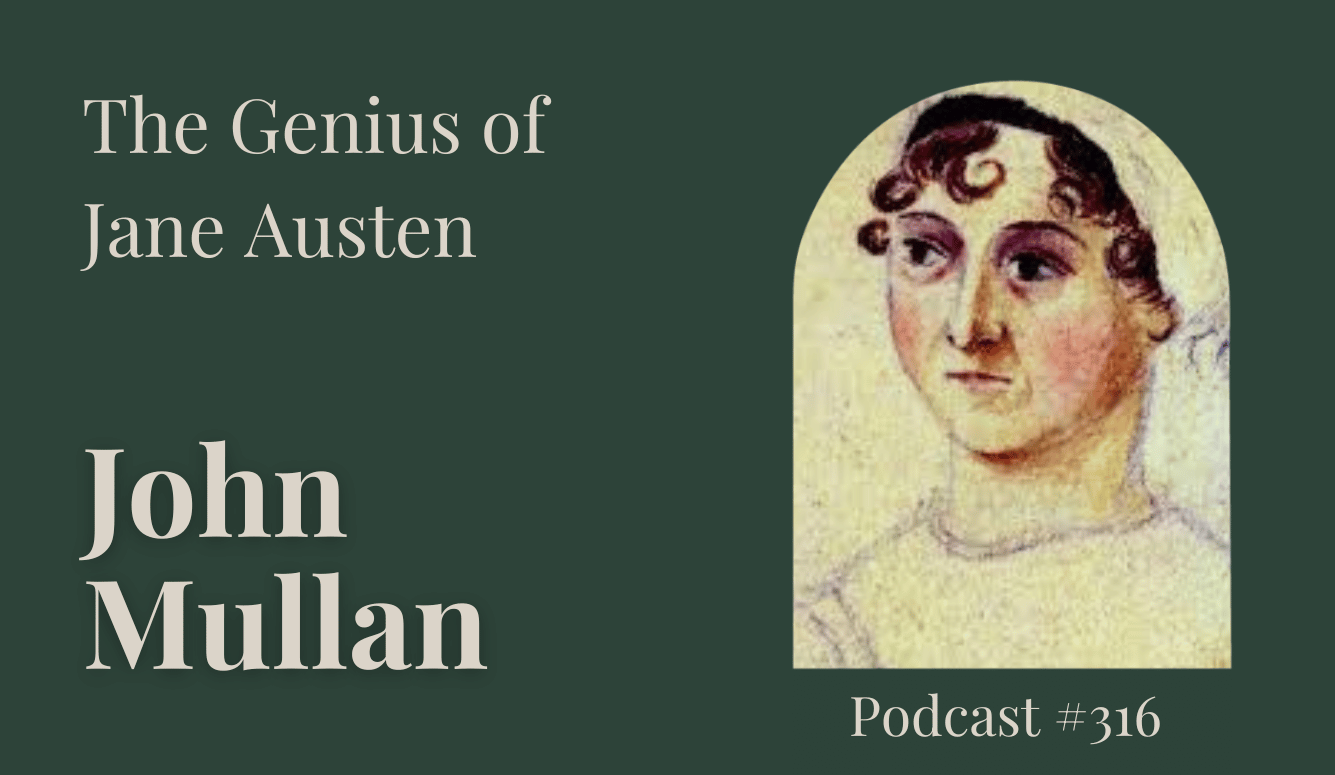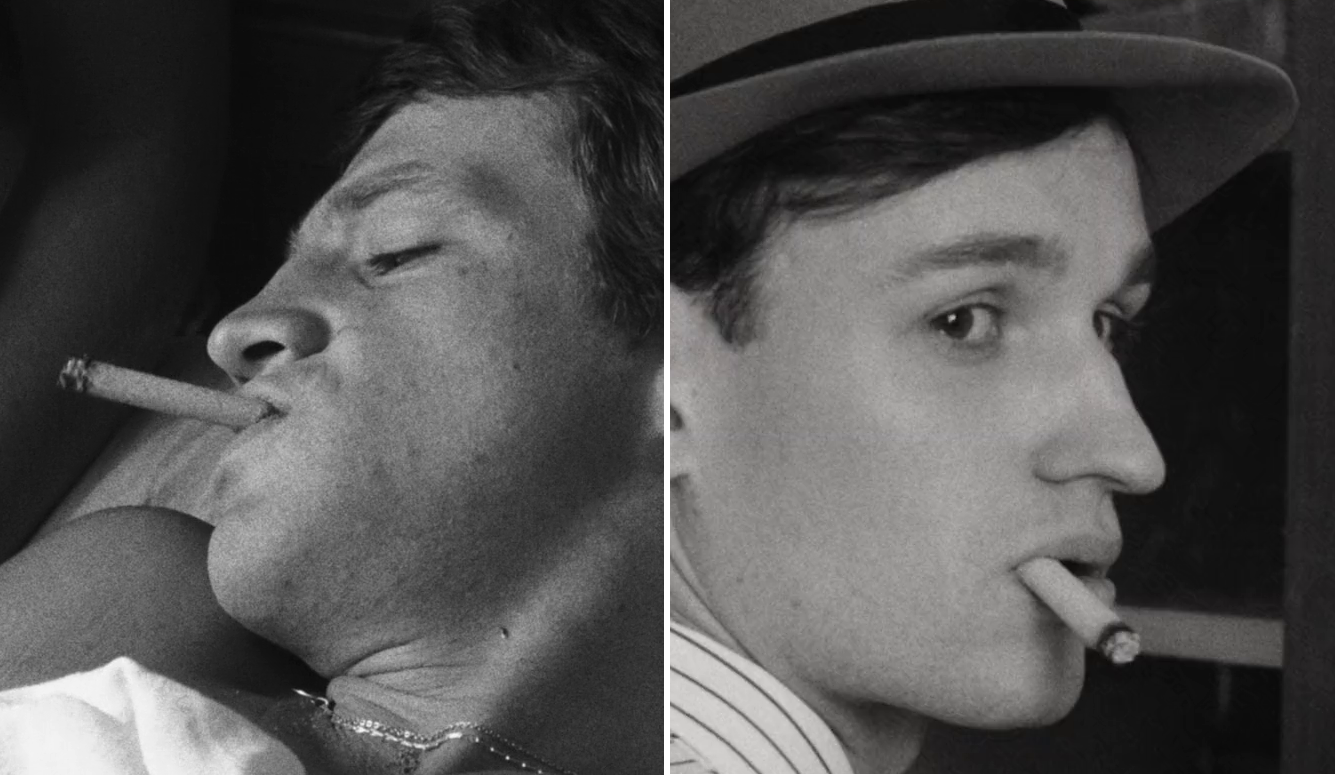Education
‘Indigenous Ways of Knowing’: Magical Thinking and Spirituality by Any One Name
The idea of bringing traditional ways of knowing together with empirical data and science is important.

At a conference in British Columbia this month, a self-described “Indigeneer”—the word being a portmanteau of “Indigenous” and “engineer”—described the ways in which traditional Indigenous knowledge could be productively injected into contemporary science curricula. “All too often, Western science will make a so-called discovery after years of research really confirming what elders have been telling us for decades, for tens of thousands of years in some cases,” one of the conference hosts told the CBC. “The idea of bringing traditional ways of knowing together with empirical data and science is important.”
Such conferences are part of a larger trend in Canada. From the University of Calgary to The University of Saskatchewan to Acadia University in New Brunswick, Canadian deans are pledging to infuse their curricula with a doctrine often described as “Indigenous Ways of Knowing” (IWK), which teaches that Indigenous peoples arrive at their understanding of the world in a unique way.
The idea has been around in some form for many years. In a research paper prepared for the Canadian government in 2002, for instance, Indigenous education scholar Marie Battiste argued that Indigenous peoples possess a “cognitive system” that is “alien” to Europeans. But in recent years, the concept has gained critical mass, as education officials seek to incorporate IWK into university coursework. Much of the impetus has come from the publication of the Final Report of Canada’s Truth and Reconciliation Commission (TRC) in 2015.
The TRC was created as part of an attempt to formally recognize and heal the damage done by the Indian Residential School System, which for generations served to separate Indigenous children from their parents, thereby stripping them of their culture, often under abusive conditions. One of the TRC’s many recommendations was that Canada’s educational institutions treat “Aboriginal and Euro-Canadian knowledge systems with equal respect.” This prompted the universities’ main lobby group, Universities Canada, to exhort members to ensure “mutual respect for different ways of knowing,” and encourage “the cohabitation of Western science and Indigenous knowledge.”
Formally recognizing the harm done by the residential school system is a laudable goal. But I have yet to see any evidence that scholars create knowledge in fundamentally different ways, based on their ethnicities, as IWK proponents claim.
It is entirely true that Indigenous cultures have amassed valuable knowledge for millennia—from the creation of beautiful and elaborate origin stories, to the development of ecological know-how, to the observation of basic principles of astronomy. But these elements tend to be universal within all cultures, including Western cultures as they have passed through earlier stages of scientific development.
In recent centuries, the Western tradition has created a suite of intellectual tools that did not develop in other cultures–such as the scientific method, which requires that new claims be tested, replicated and scrutinized by one’s peers before being accepted. As applied through such mechanisms as peer review, the scientific method permits us to separate fact from folklore. To the extent the implementation of IWK would require the dilution or relaxation of these practices, it would undermine one of the primary purposes of our universities since the Enlightenment. Perhaps this explains why the most enthusiastic advocates of IWK specialize in liberal-arts disciplines that apply extremely loose (and subjective) standards to the question of what is true.
In an introductory IWK lecture, Paul Restoule, a professor at the University of Toronto’s Ontario Institute for Studies in Education (OISE), starts off by telling his class that “knowledges” are subjective. He also claims that the mere act of defining IWK is “problematic,” since any definitions would use “Western knowledge” as a frame of reference. This is not unusual. I’ve been writing about higher education for a decade, and have investigated the issue of IWK on different campuses. Invariably, my attempts to determine the exact parameters of IWK always meet with this somewhat gauzy, defensive response. Oddly, the most zealous proponents of IWK also are the ones who are the most reluctant to describe what it is.
Restoule claims that, for Indigenous people, “the senses can know more deeply and concretely than knowledge gained through reading and being told.” He asserts that “knowledge is sometimes revealed through dreams, visions and intuitions.” And he offers a Venn diagram with a circle for “Western science”—“limited to evidence and explanation within [the] physical world” and “skepticism,”—overlapping somewhat with a circle for “Indigenous knowledge,” which is described as “holistic,” involving a “metaphysical world linked to moral code” and “trust for inherited wisdom.”
Even if one is willing to look past the Eurocentric construct of a Venn diagram (the creation of a 19th-Century English logician), a careful reader will note that what Restoule is advocating here is a combination of magical thinking and spirituality. One can imagine how such vague ideas might be applicable to fields that already are premised on a rejection of the boundaries imposed by linear styles of thought, such as meditation, holistic medicine, or highly abstract forms of identity politics. But the encouragement of “dreams” and “visions” isn’t useful—some might even suggest is it dangerous—when one is teaching the principles of, say, pharmacology, electrical engineering or emergency medicine. This is troubling, because OISE is Canada’s leading teacher’s college. What is taught at OISE today likely will become part of curricula around the country tomorrow.
Oren Amitay lectures on psychology at Ryerson University in Toronto, just down the road from OISE. He’s one of the few Canadian academics who will say openly what many scholars will only say privately: that IDK is simply a new bottle in which to sell the postmodernist idea that all truths are equally valid.
Amitay has educated himself about sweat lodges and other First Nations practices, and is open to encouraging faculty and students to make sure that Indigenous perspectives aren’t overlooked. But he’s firm on his belief that IWK, to the extent the idea has any substance at all, is antithetical to the accepted methods that universities use to create, test and transmit knowledge. “That PowerPoint presentation didn’t come about because you took caribou skin and carved the presentation on it,” he says, referring to Restoule’s lecture. It came about because of the scientific method.
As Amitay sees it, IWK often translates to a variation of “trust me, we know”—which “has never worked out well.”
“[Someone] could say that ‘trust-me-we-know eugenics is good science.’ Or ‘trust me, we know that the sun rotates around the Earth.’ Or ‘trust me … communism is better for you.’ But it doesn’t make it true, and it doesn’t lead to progress.”
Frances Widdowson, a professor of political science at Mount Royal University in Calgary, also criticizes the aggressive promotion of IWK in university curricula. As with Amitay, her critique is not aimed specifically at Indigenous peoples themselves. Rather, she is deeply skeptical of the manner by which white culture has co-opted certain fashionable Indigenous themes—a subject that she wrote about in her 2008 McGill-Queen’s University Press book, Disrobing the Aboriginal Industry: The Deception Behind Indigenous Cultural Preservation.
Whenever proponents are asked to define IWK, “at some point in the conversation, postmodern relativism begins to enter into it,” she says. When asked to explain the unique “ways of knowing” exhibited by Indigenous peoples, advocates tend to describe either folk knowledge or spiritual beliefs, she adds. These may indeed be described as “alternative” ways of knowing. But their alternative character originates in the fact that they present themselves as exempt from the expectation of rigorous scrutiny that typically is applied to claims made by academics.
Indigenous elders who hunt polar bears may insist that they “know” that the polar-bear population is healthy because they’re seeing more bears around their communities in recent years. But rigorous scientific studies have found that bears are wandering further into populated areas because a warming climate is melting sea ice, making it harder for bears to catch seals, thereby inducing bears to engage in unnatural behaviors in order to find food.
Widdowson recounts the story of an Inuit man in northern Quebec who got frostbite so severe that his boots froze to his feet. Instead of going to a doctor or warming up his feet, he turned to an elder, who suggested he pack them in wet snow. Eventually, he was coaxed by the RCMP to a hospital where doctors informed him that his reliance on traditional treatment methods might have cost him his feet.
Many ordinary people already are too susceptible to claims that mainstream medicine and science is trumped by some higher, spiritually experienced system of natural energy flow. A 19-month-old Calgary boy died of meningitis in 2012, for instance, after he his parents chose to treat him with hot pepper, ginger root, horseradish and onion instead of taking him to hospital. Yet, as Widdowson points out, traditional Indigenous healers now are being invited to Canadian medical schools to teach similarly unproven theories.
It is possible that some non-Indigenous Canadians are promoting these ideas, as a Quillette writer recently pointed out, because they believe that Indigenous people, by their very biological composition, embody “quasi-mystical, even magical, properties” that are inaccessible to white people. But my own sense is that most of those who sign on are simply afraid of being called racists.
We also should remember that, however warm and fuzzy the principles of IWK may sound, it also has become a business opportunity. In recent years, the demand for more IWK in curricula has created a niche for those who present themselves as an expert in this vaguely defined area. As with other efforts to expand the influence of other cultures in schools and businesses, IWK draws in educators, consultants and administrators whose job is to help these institutions match action to words. These programs also are sometimes accompanied by demands that those who teach the subject be allowed to do so without the normally required credentials, as is recommended in a recent report prepared for Ryerson University.
Restoule, it should be pointed out, earned $147,588 from the University of Toronto in 2016. James Zimmer, the vice-president who implemented IWK at Widdowson’s university, took home $181,828 that year. The vice-president of equity and community inclusion who co-authored that report for Ryerson University, Denise O’Neil Green, is paid an annual salary of $205,341.
There is money to be made by promoting faddish academic theories, even when there isn’t evidence to back them up.





